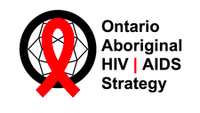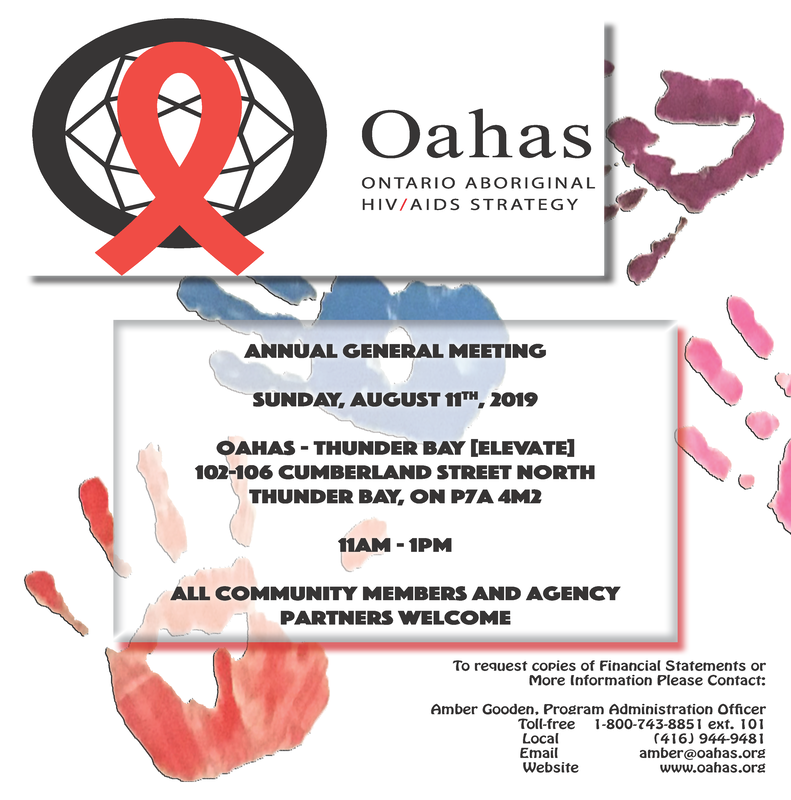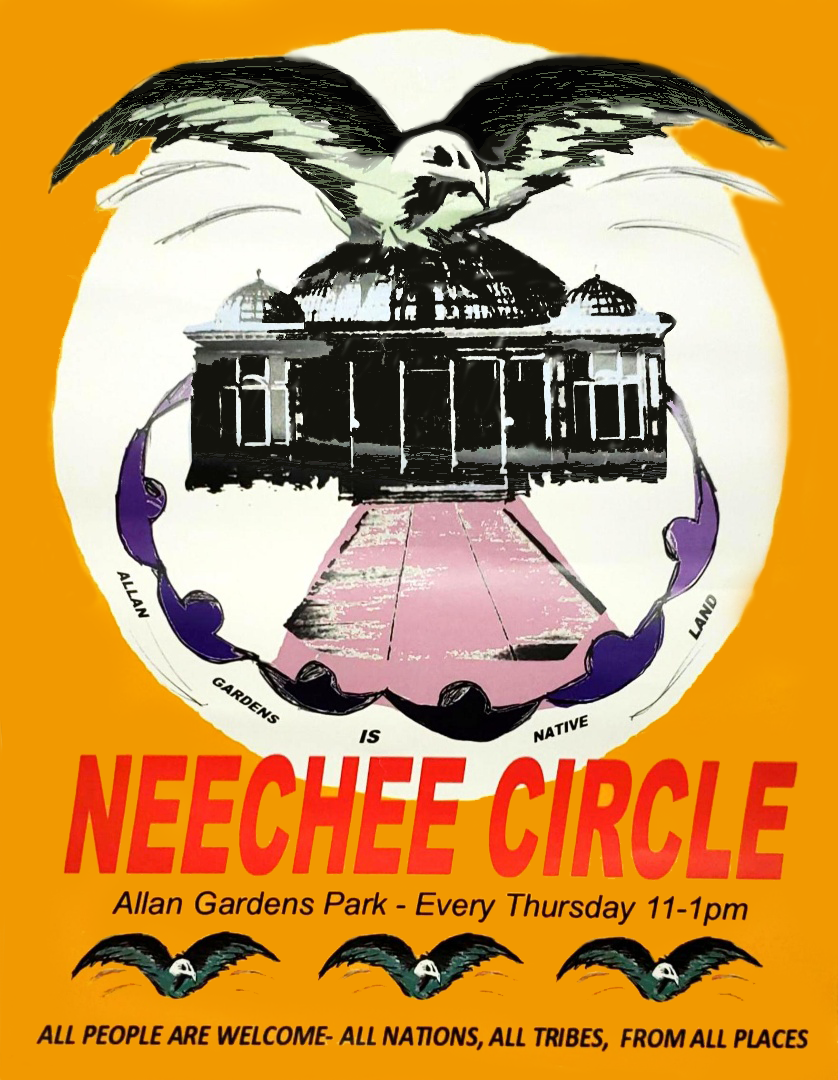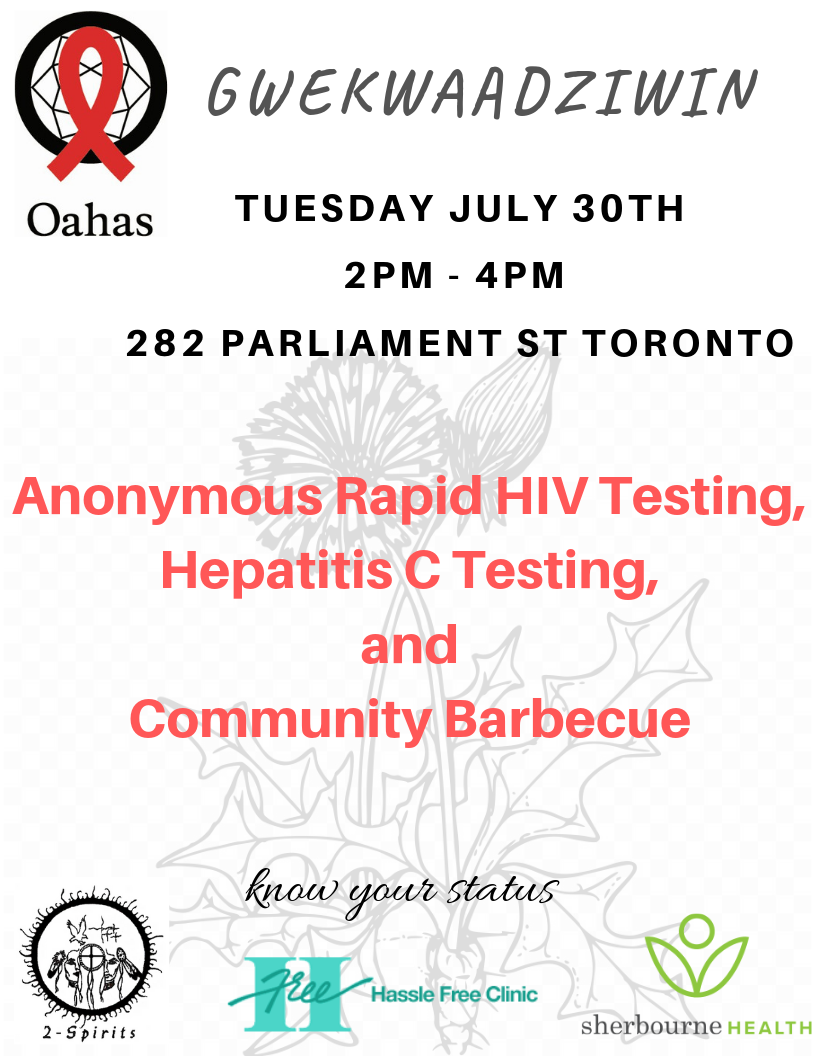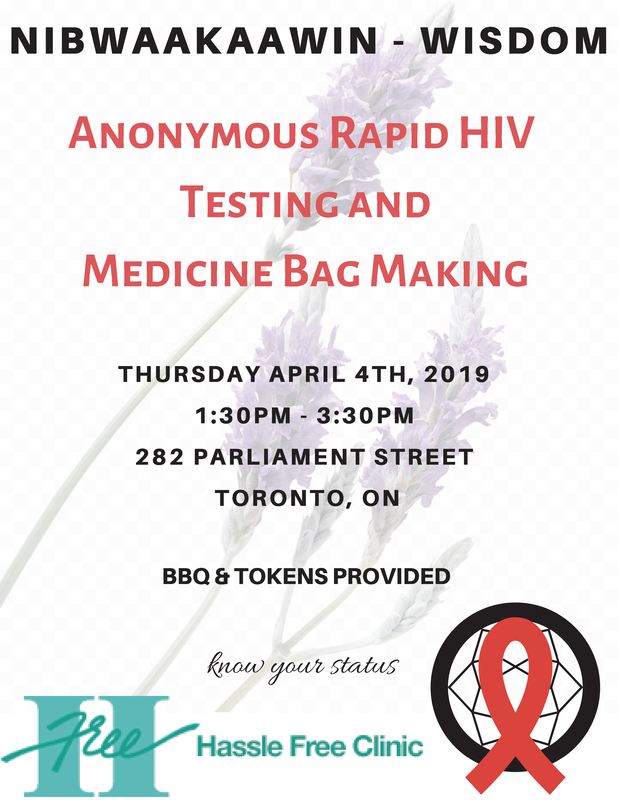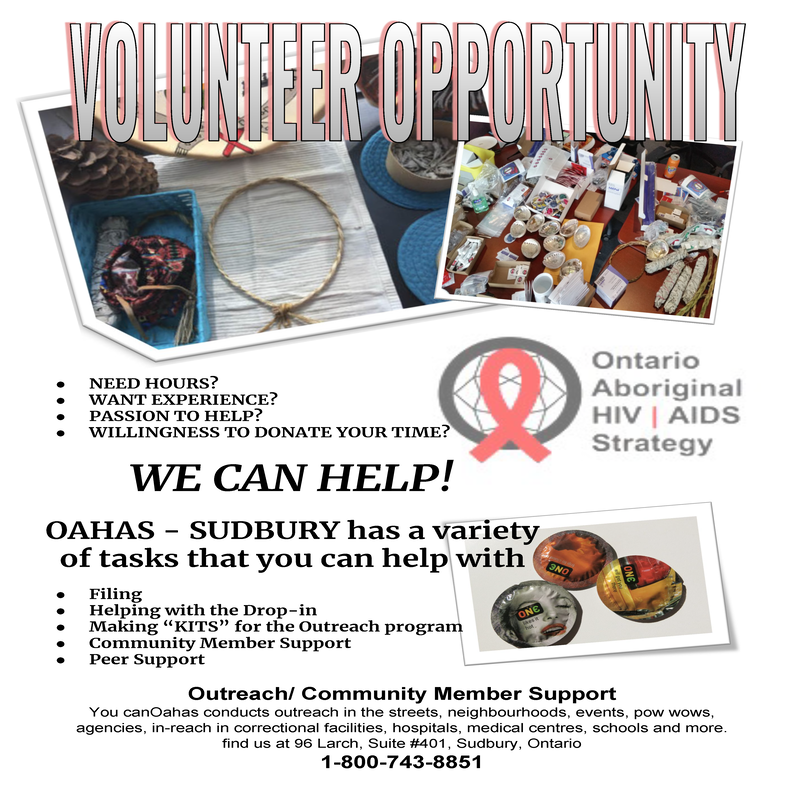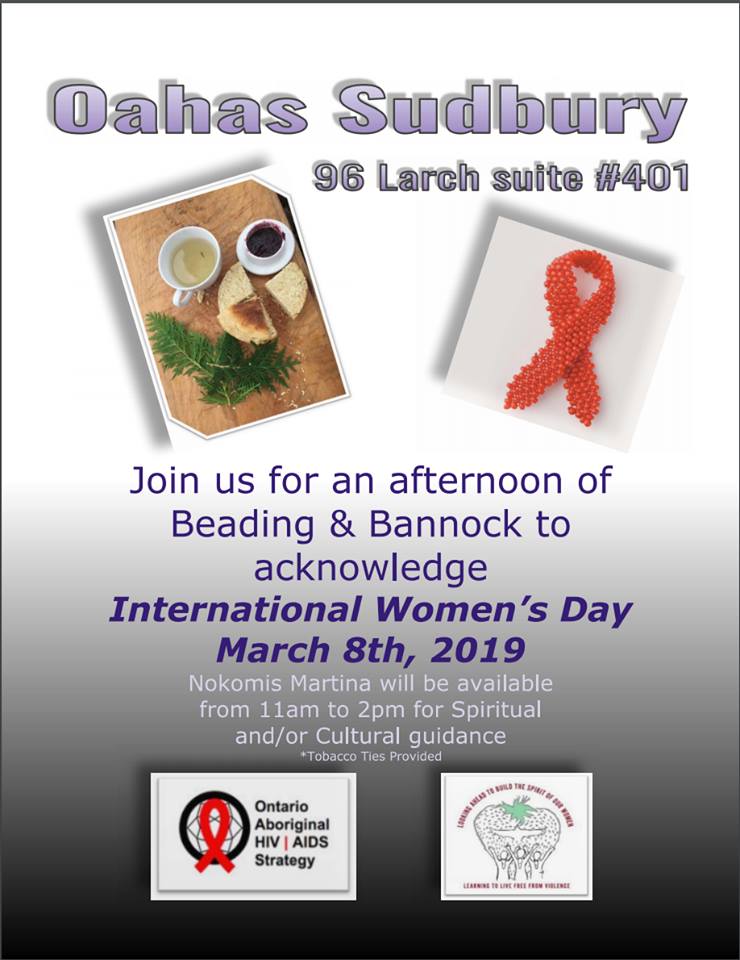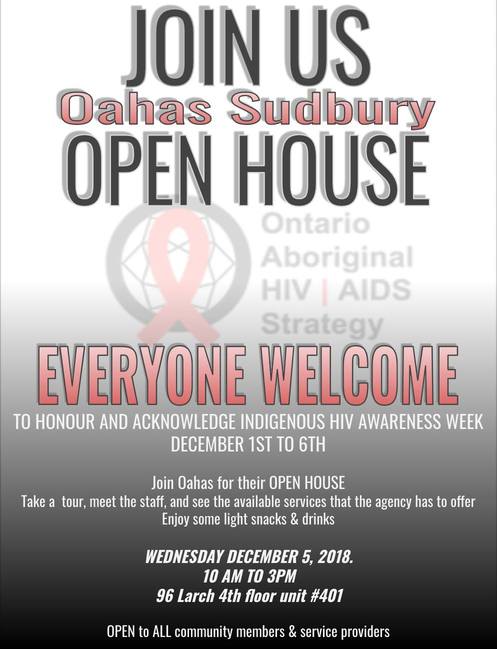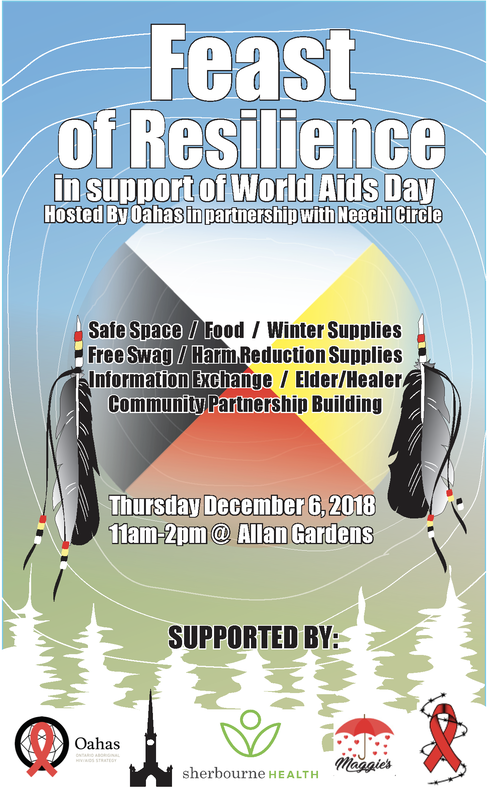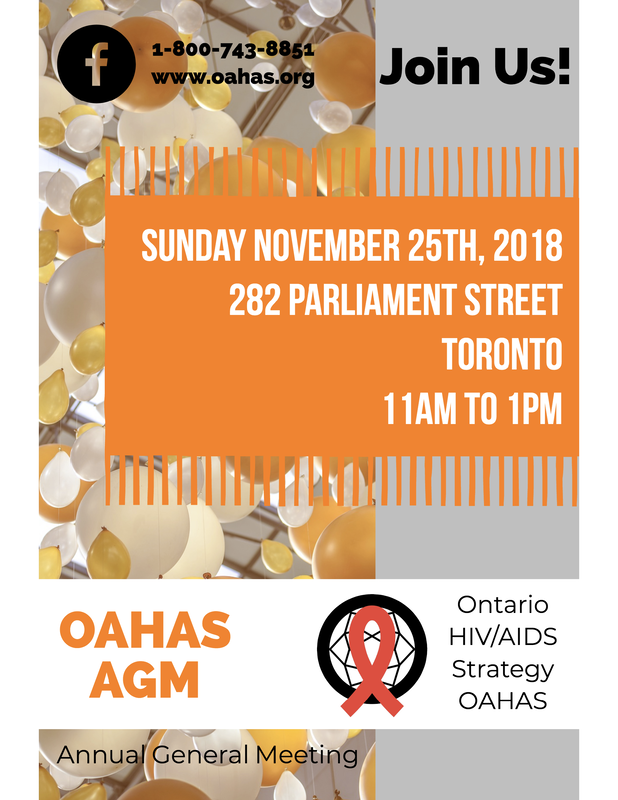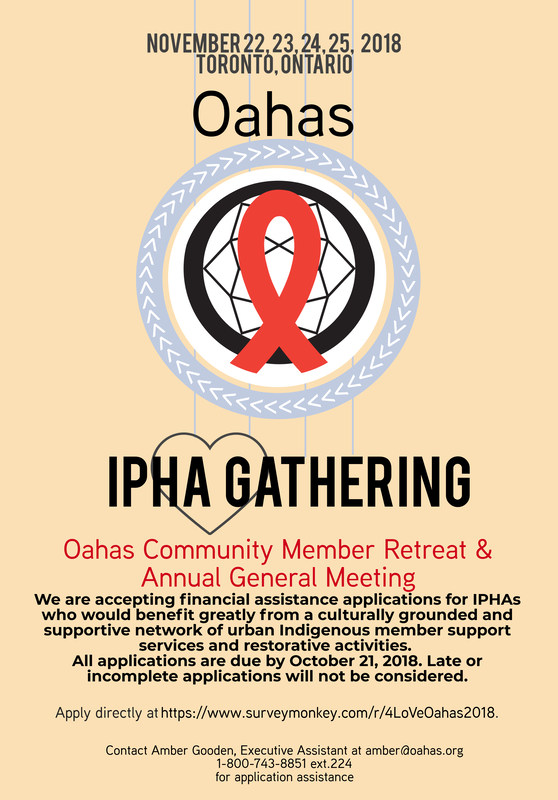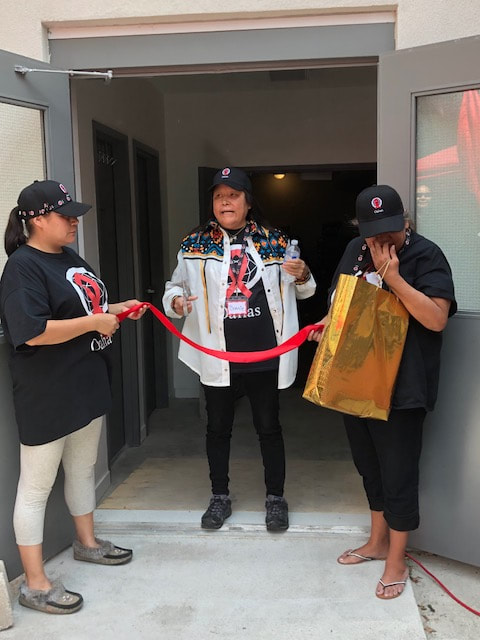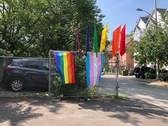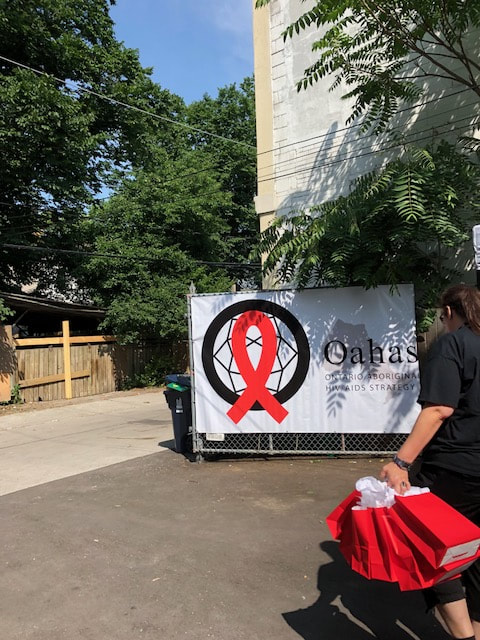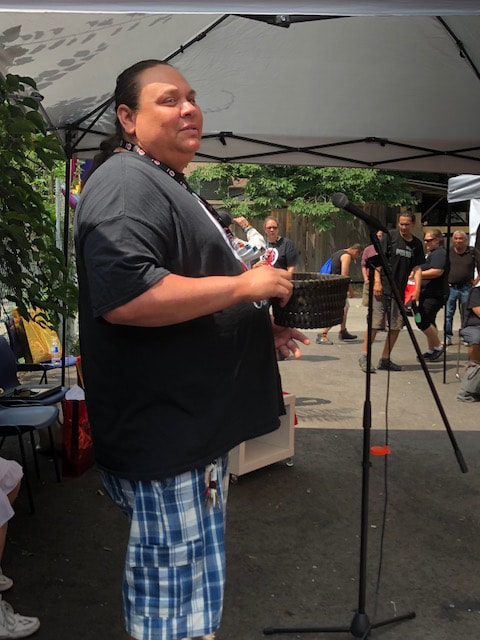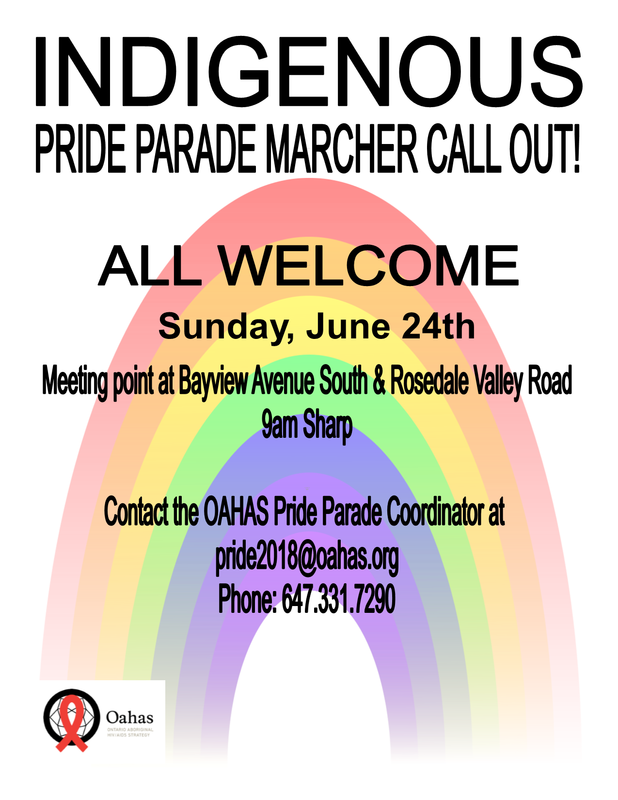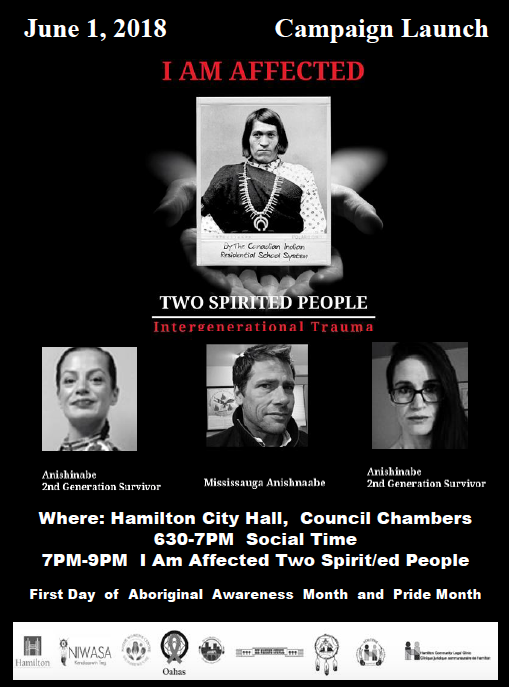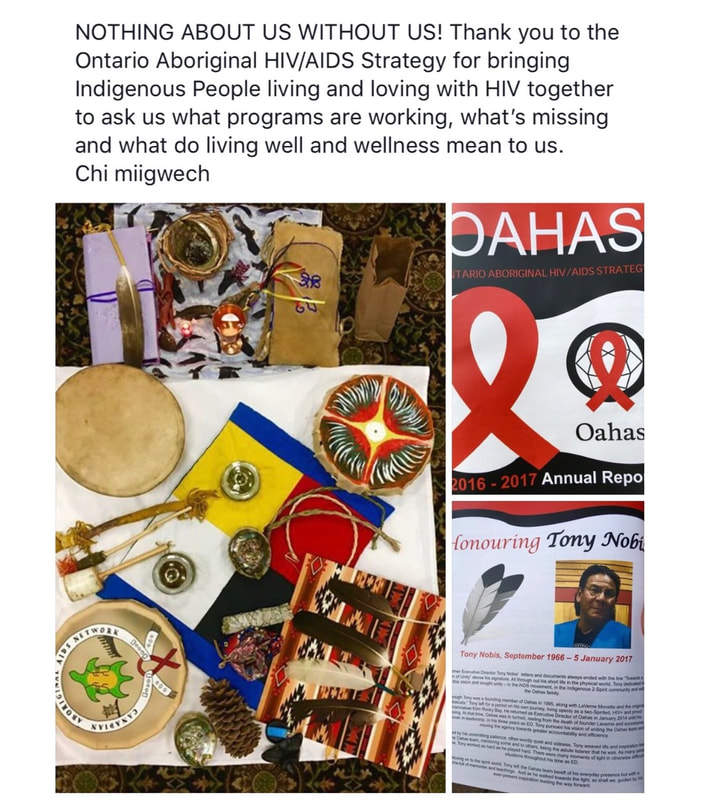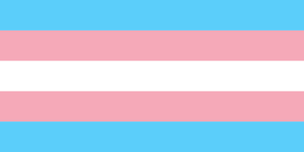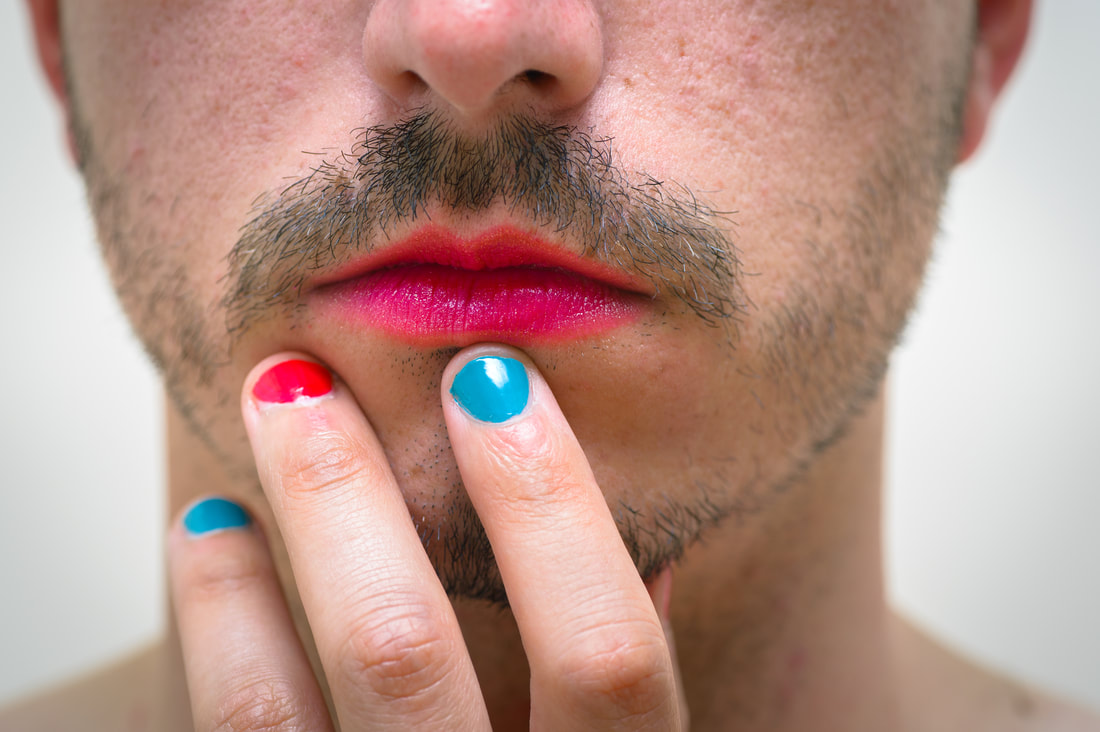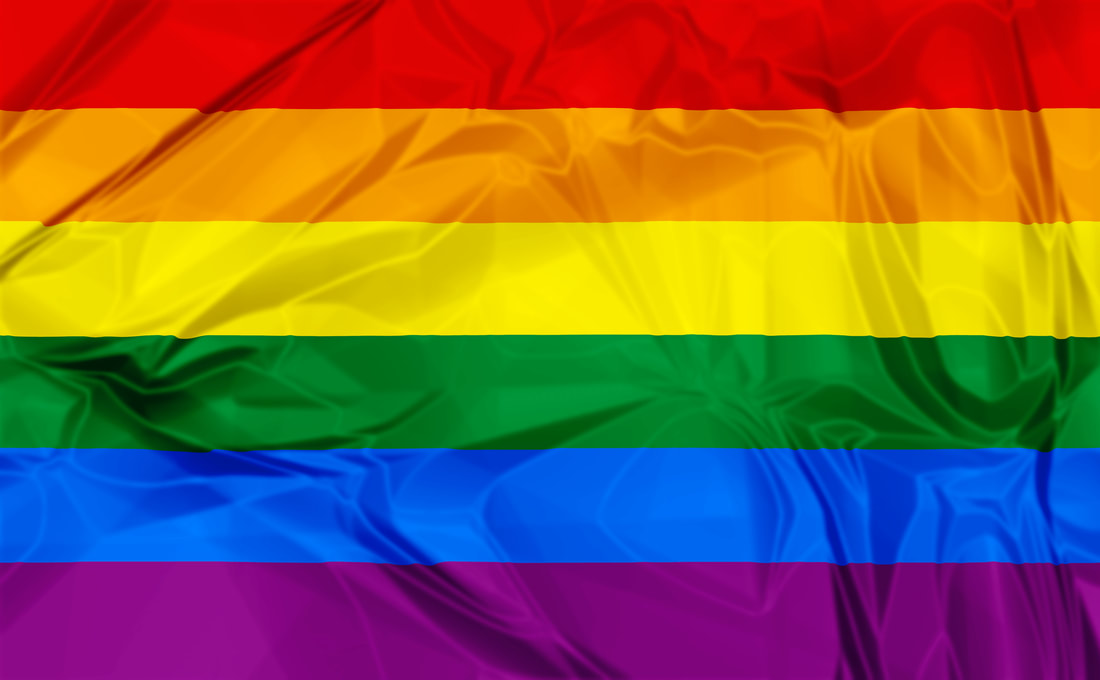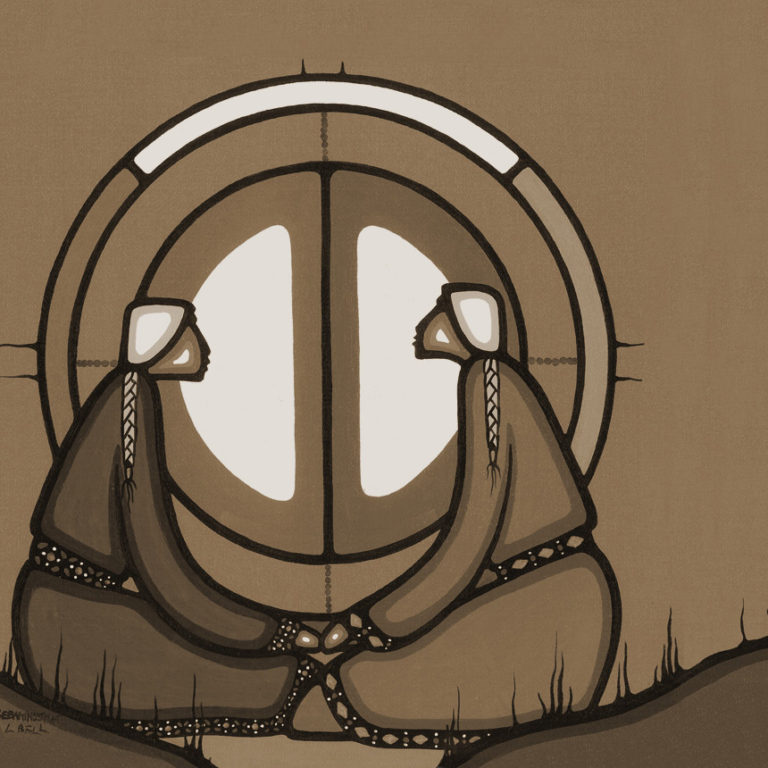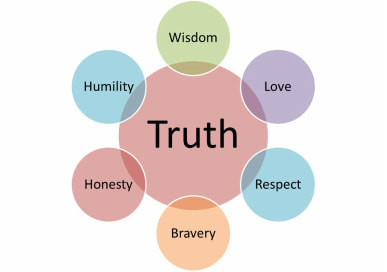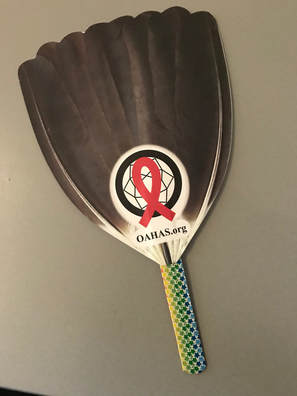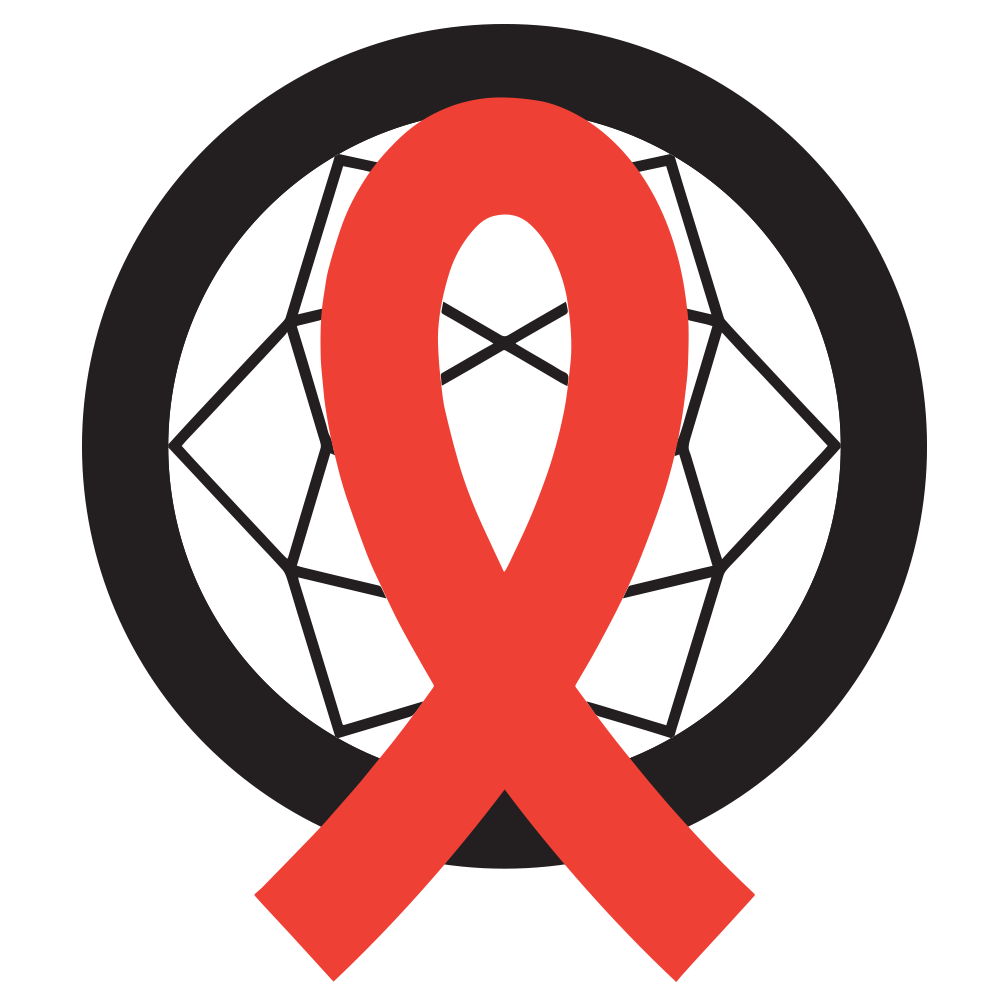Thunder Bay, Ontario
282 Parliament St., Toronto
Sudbury, ontario
Oahas world aids day events
Toronto
oahas annual general meeting & 2017 Fiscal Financial statements
|
Click on the PDF file to the right of this message, to access the Ontario Aboriginal HIV/AIDS Strategy Financial Statements for 2017 fiscal year, and our AGM Kit.
|
| ||||||||||||
OAHAS OPEN HOUSE JULY 2018
WHAT'S NEW?
|
Fall 2018:
|
2017 AGM
|
|
How to Be a Trans "Ally"
A beginner’s guide Home Stories How to Be a Trans Ally 2017 has been called “the best and worst year for transgender people”. Despite the political victories, greater representation in the media, and new policies protecting trans rights advancing every day, trans people still face disproportionately higher rates of discrimination than any other community. Transgender and non-binary people are our classmates, coworkers, neighbors and friends. It’s time for us—all of us—to become stronger, louder allies and create an inclusive and accepting society for all. Not sure how to get started? We can help. How can you be an "ally"? Becoming an ally to transgender and non-binary people is an ongoing process. Use our tips will provide you with a starting place as you learn more about gender identities and presentations, and how to become an even better ally. 1. Don’t tolerate disrespect Whether it’s hurtful language, remarks or jokes, call it out if it’s inappropriate. Seek out other allies who will support you in this effort. 2. Respect pronouns Not sure which pronouns someone uses? Just ask! Then use that pronoun and encourage others to do so. It’s okay if you make a mistake—just be sure to correct it and move on. 3. Be patient with those questioning their gender identity A person who’s questioning their gender identity might shift back and forth as they find out what’s best for them. Be kind and respectful—this includes being respectful of their names, pronouns and bodies. 4. Don't police public restrooms Gender-variant people may not match the signs on restroom doors. If there are no all-gender bathrooms available, offer to accompany a trans person to the bathroom in a buddy system so they’re less vulnerable. 5. Listen to trans voices Keep an open mind and heart to the experiences of trans people—they’re the experts on their own lives, and one of the most important parts of being an ally is learning what it means to be transgender. 6. Don’t assume you can tell if someone is transgender Transgender and non-binary people don’t all look a certain way, and many may not appear to be trans or non-binary. Indeed, many trans and non-binary people live most of their lives with very few people knowing their status. 7. Be careful about confidentiality, disclosure, and outing If someone has shared their gender identity with you, don’t tell others. Not only is this an invasion of privacy, but it can also have devastating consequences in a world that can be intolerant of gender differences. 8. Use gender-neutral language Our everyday words and phrases are often gendered unnecessarily. By using terms like “hi guys” or addressing a group with “welcome ladies and gentlemen”, we assume genders and exclude people. Consider using gender inclusive language like “hi friends”, or “welcome folks” instead. 9. Keep it appropriate Don’t ask trans folks about their genitals, surgical status or sex lives. If you wouldn’t ask a cisgender person, don’t ask a trans person either! Being an ally starts with all of us. Want more tips on how to be a great ally? We interviewed Juniperangelica Cordova to find out what being a good ally means to her! Source: LUSH www.lush.ca |
